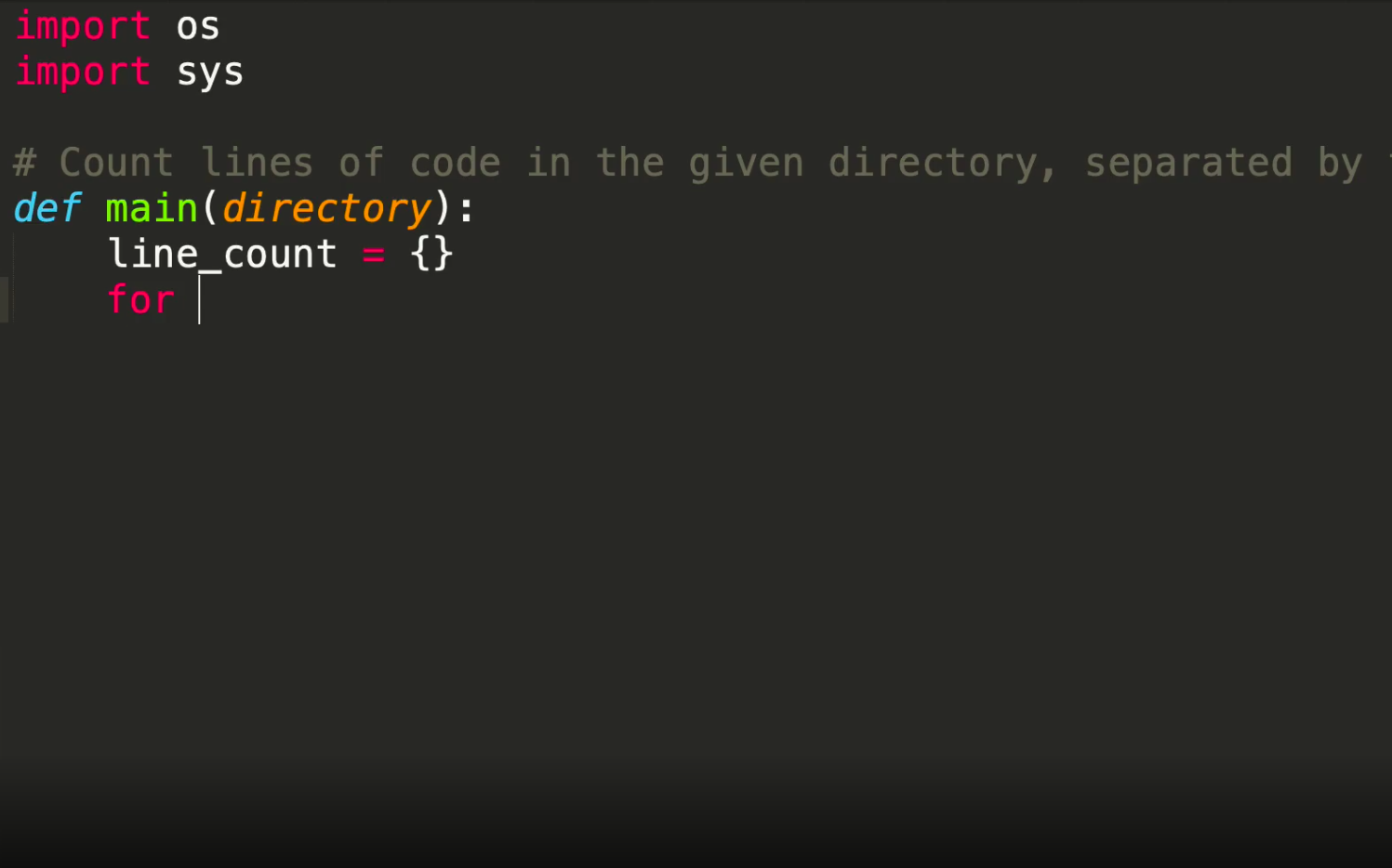
The team behind TabNine – a tool for smart autocomplete for programming, has announced a new deep learning model that greatly improves suggestion quality.
Deep TabNine, as the new model was called, provides high-quality suggestions for completion by learning from large amounts of data. Trained using more than 2 million files from Github, Deep TabNine is able to predict tokens arising from more complex writing behaviors. The model is based on the popular and powerful state-of-the-art model GPT-2, which was developed by researchers at Open AI.
Developers from TabNine mention that the new improvement to their autocompleter will significantly improve the suggestion quality by leveraging deep neural networks.
“There has been a lot of hype about deep learning in the past few years. Neural networks are state-of-the-art in many academic domains, and they have been deployed in production for tasks such as autonomous driving, speech synthesis, and adding dog ears to human faces. Yet developer tools have been slow to benefit from these advances. “, say developers from Tab Nine.
Most of the tools currently available for autocompletion are rather simple and do not provide “intelligent” suggestions. TabNine aims to change this with their autocompleter based on deep learning.
Deep TabNine is available now, both for individual users as well as enterprises. Since the model requires a lot of computational power, developers from TabNine are offering TabNine Cloud – a service that runs GPU-accelerated autocompletion on servers.
Deep Tab Nine is available for free for smaller personal projects. For projects larger than 400 Kb and for enterprises a license that costs 49$ and 99$ (for enterprise) is required.
More about how to install and use Deep Tab Nine can be found on Tab Nine’s website.